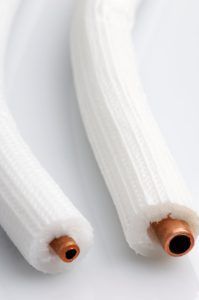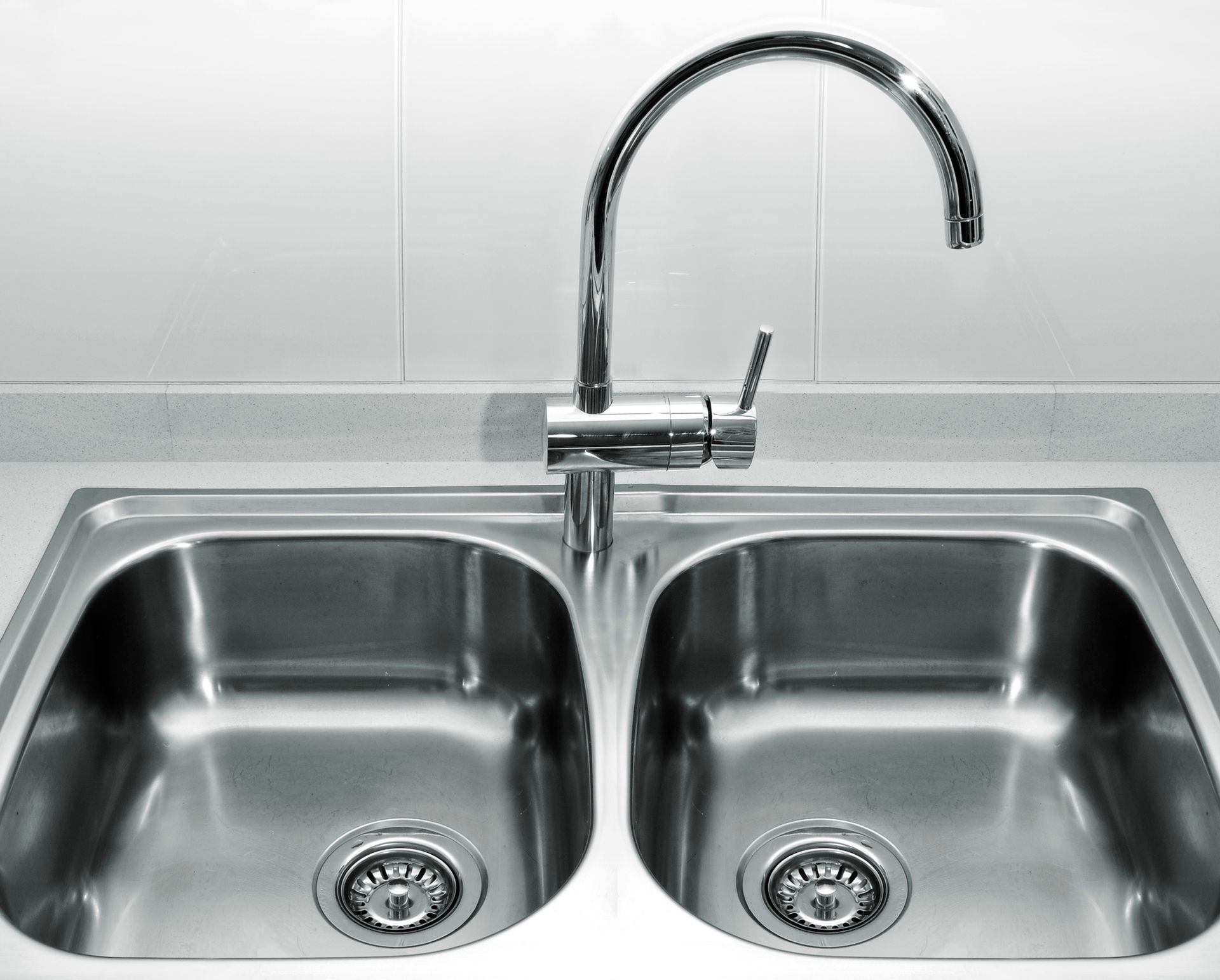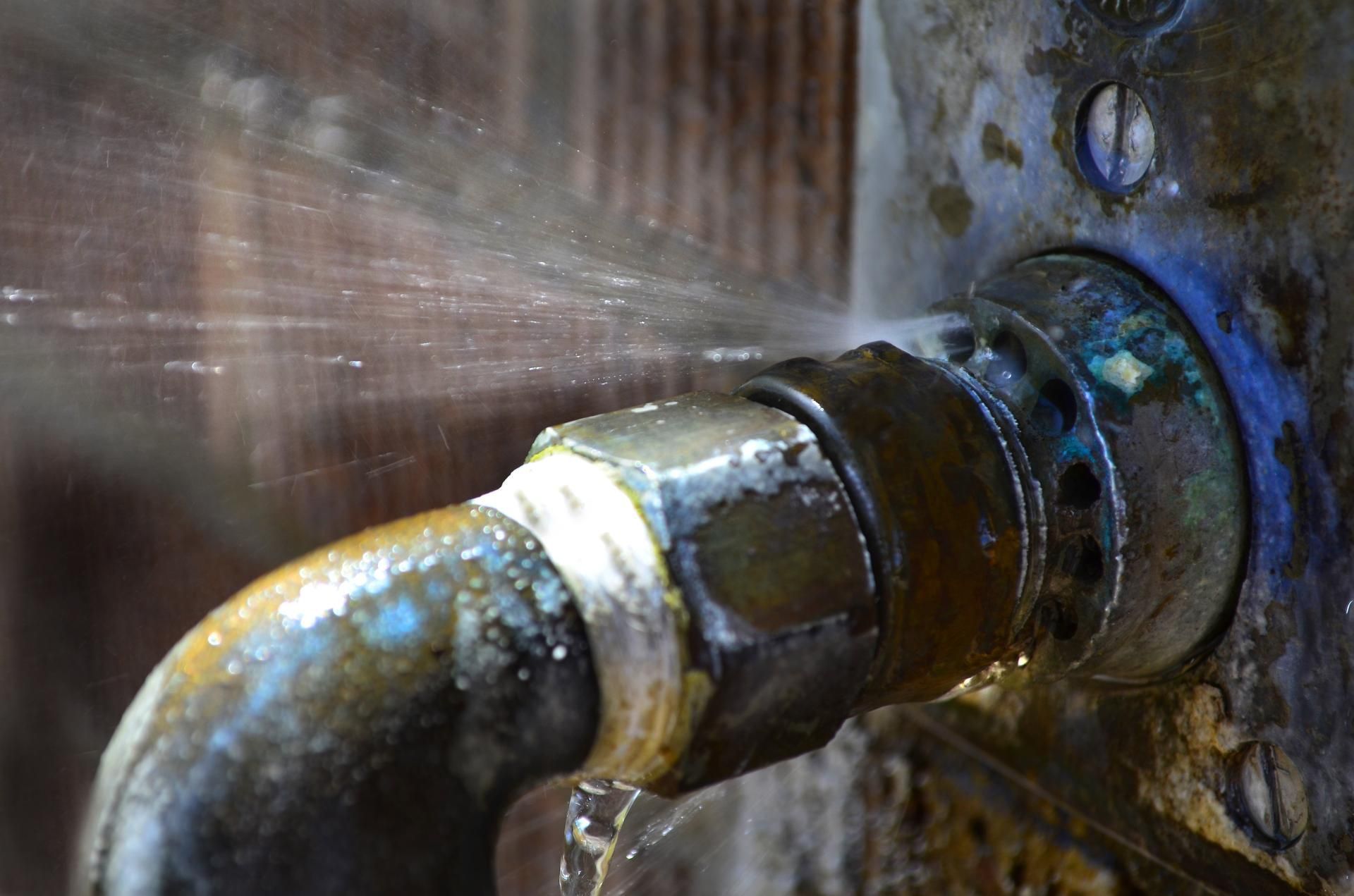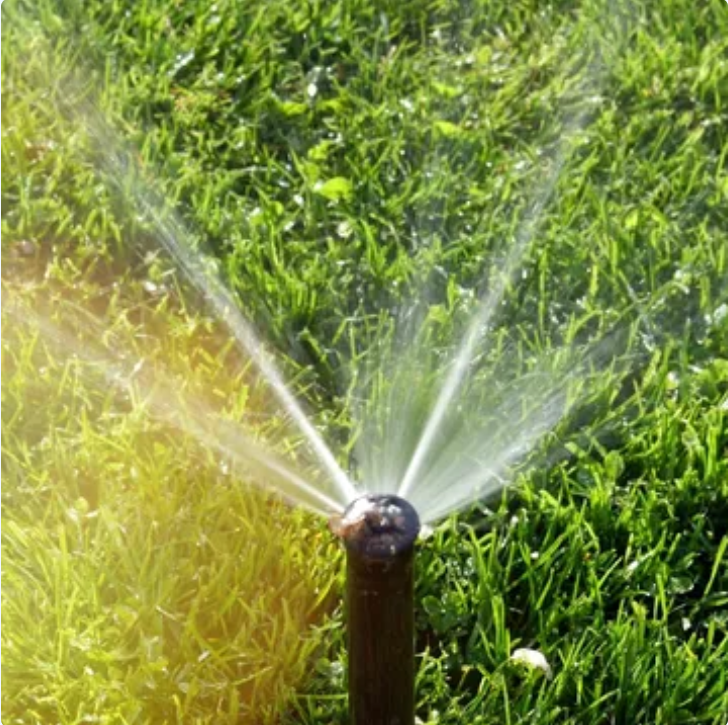CALL US TODAY!
Tips for Frozen Pipe Prevention

Frozen pipes can cause serious water damage when they thaw. Fortunately, frozen pipes are an avoidable problem. Preparing your home for cold temperatures this winter and taking measures to protect your pipes when cold weather arrives can help you take care of your property.
Insulate Your Pipes
Pipe insulation protects exposed pipes from cold temperatures. If you don’t properly insulate your pipes before winter, they could freeze and then burst. If you live in an area that experiences cold winters, it’s a good idea to contact a plumber in the fall and have them insulate your pipes.
Pipe insulation is especially helpful in parts of the home that are unheated, such as the basement, crawl space and attic. Pipe insulation can also come in handy in any sheltered, isolated parts of the house, like in the space underneath cabinets and in closets.
While you can insulate your pipes on your own, a plumber will be more likely than you to find all the pipes that need insulation. Sometimes uninsulated pipes can be located in strange and unexpected places, like in the garage or in the middle of the yard (if you have an outdoor sprinkler system). These pipes need to be protected and insulated as well.
Remove Your Hose at End of the Summer
Water left in the hose at the end of the summer can freeze and back up into the spigot, causing the pipe itself to crack. The best way to stop this from happening is to remove the hose from the pipe and drain the water out of the hose. Once it’s empty, put the hose somewhere safe like the garage or shed.
During times of very cold weather, the spigot where the hose connects to the house can freeze even if not connected to the hose. To insulate and protect this piece of the house, place an insulated cover over the spigot. Insulated covers are sold in home improvement centers and hardware stores.
Leave the Heat Running
It’s common for people to turn off the heat when they leave for a winter vacation or a long weekend. However, leaving the heat off can cause your home to get so cold that the pipes freeze.
Running heat at low temperatures can help keep the pipes warm. If you’re planning to leave for a break during times of very cold weather, avoid turning your heat all the way down. Set your heat to a temperature that will keep your house cool but not cold. Usually 50 to 55 degrees Fahrenheit will accomplish this goal.
Watch Weather Forecasts
The temperature at which pipes will freeze can depend on a lot of factors, like the quality of the insulation in a house and the location of the pipes. However, the danger of freezing becomes great when the temperature outside reaches 20 degrees and lower.
Watching the weather forecast can help you decide when your pipes are most likely to freeze. Often weather forecasters will alert viewers when the temperature outside is projected to drop dangerously low. On these nights, leave a trickle of warm water running through your pipes to prevent the pipes from freezing.
Consider Beefing Up Your Home’s Insulation
Insulating your home’s walls and attic can protect your pipes and keep your home warmer this winter. If your home is drafty and cool even when the heat is running, talk to a professional about improving your home’s insulation. Better insulation will help you avoid problems with your pipes and will also help you save money on heating costs, so it’s a win all around.
Relocate Pipes That Freeze Regularly
Sometimes pipes freeze because they were installed in a bad location. Relocating pipes that freeze regularly can solve your problem permanently. Relocation is usually only necessary if all other measures have been tried and nothing has worked. Working with a professional plumber can help ensure that the job is done properly. Contact a plumber to discuss the best place to move the pipes and to get a cost estimate for the relocation.
Know What to Do If Your Pipes Freeze
If your pipes freeze this winter, you’ll know because no water will come out of the faucet when you turn it on. When you find the frozen pipe, let it thaw naturally.
Do not use open flames to melt the ice, as this can lead to a fire or cause damage to the pipes. Avoid using electric household products to thaw your pipes as well, since this can lead to electrocution or a fire.
While pipes thaw, watch them for cracks or holes. If your pipes develop a leak, turn off the water supply and contact a professional plumber right away.
Call a Plumber
For more information about protecting your pipes this winter, contact a plumbing expert who can help. At Jim Dhamer Plumbing and Sewer, Inc., we answer homeowners’ questions about ways to prevent pipes from freezing. Contact us today.
The post Tips for Frozen Pipe Prevention appeared first on .
Leave A Reply
More Posts
Quick Links
Business Hours
Monday - Friday: 7:30 a.m. - 4 p.m.
Saturday: By Appointment Only
Sunday: Closed
Payments Accepted









